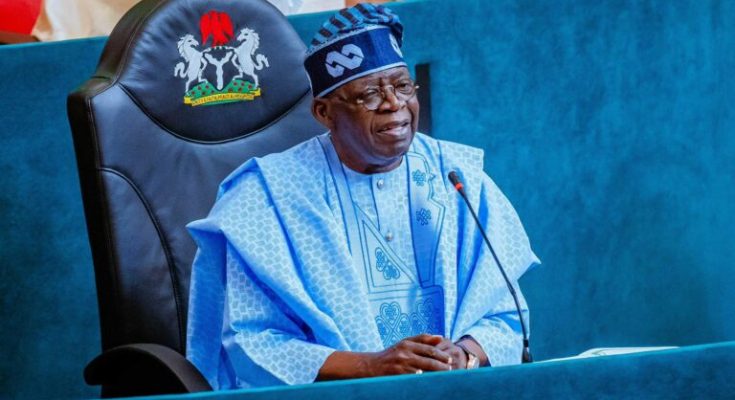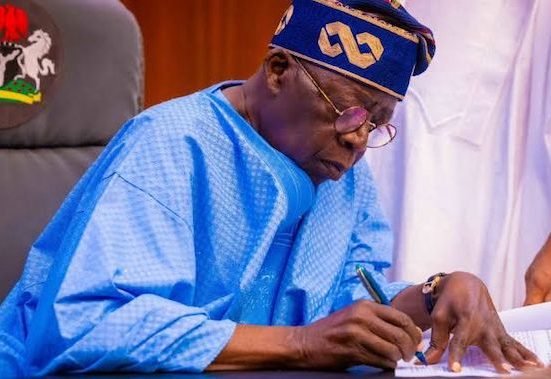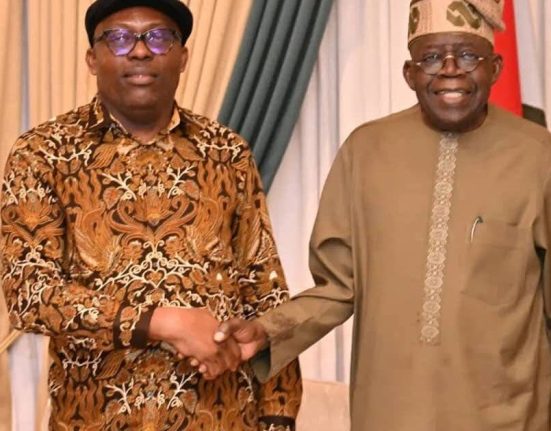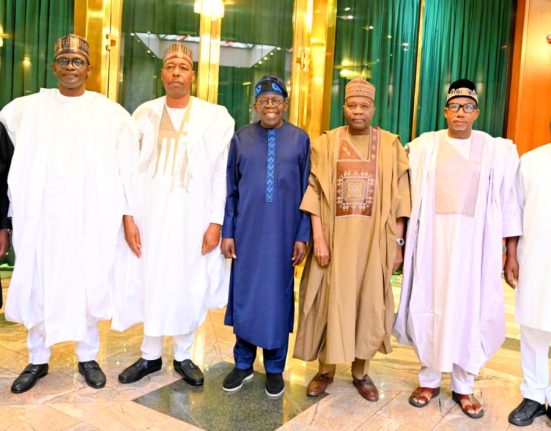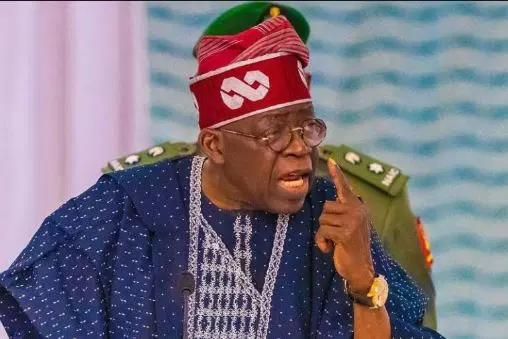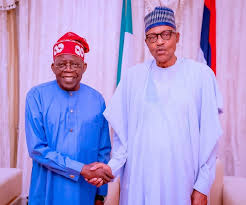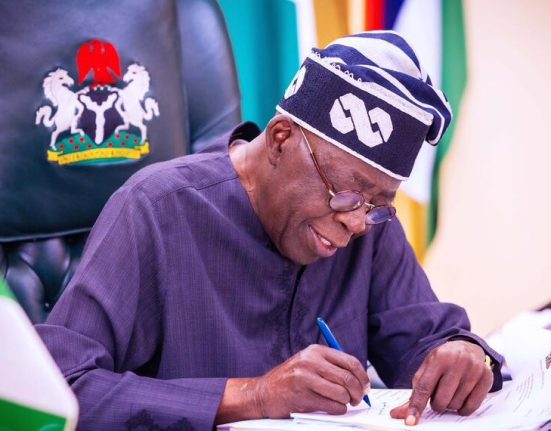President Bola Ahmed Tinubu’s extended stay in France has continued to attract widespread condemnation from opposition leaders, security analysts, and civil society voices, as violent attacks and killings escalate across several parts of Nigeria.
The President, who departed Nigeria on April 2, 2025, for what the Presidency described as a two-week working visit to France, has remained abroad even as a wave of insecurity engulfs key states, especially in the North-Central region. According to a statement by his Special Adviser on Information and Strategy, Bayo Onanuga, the trip was intended for President Tinubu to “appraise his administration’s mid-term performance and assess key milestones.” However, critics argue that the country is facing an urgent security emergency that requires the President’s immediate physical presence.
The violent onslaught has been particularly devastating in Plateau and Benue States. In Bokkos Local Government Area of Plateau State, coordinated attacks on Hurti, Daffo, Josho, and surrounding communities left over 40 people dead, displacing more than 1,000 residents and razing nearly 400 homes. The village head of Hurti, Mr. Maren Aradong, confirmed the figures during a visit by a delegation led by the Secretary to the State Government, Mr. Samuel Jatau.
Within days, the Zike community in Bassa LGA was also attacked, with at least 51 people reportedly killed, including an entire family of eight. The level of destruction and precision of the attacks shocked residents, with community leaders confirming that gunmen stormed the villages in the early hours, firing sporadically at sleeping residents.
The wave of killings did not stop in Plateau. In Benue State, at least 13 people were killed in Otobi Akpa community in Otukpo LGA, following an assault by suspected armed herdsmen. The attack, which occurred around 6pm, left scores injured and over 50 houses destroyed, further deepening the humanitarian crisis.
As these tragedies unfold, prominent opposition figures have called out the President’s continued absence. Former Vice President Atiku Abubakar described Tinubu’s trip as “irresponsible,” noting that in a time of national distress, the President should be on ground providing leadership. Speaking through his media aide, Paul Ibe, Atiku questioned the rationale for the France trip, especially as there is no clarity on the nature of the so-called working visit. He argued that in-country retreats or resorts could have served the same purpose.
Atiku said Nigerians were enduring insecurity, inflation, and hardship, yet their President was governing remotely. He insisted that the country needs a leader who is present, physically visible, and actively engaging with stakeholders to confront the crises head-on. He criticised the administration’s failure to communicate clearly with the public, adding that Nigeria is already burdened with debt and cannot afford the luxury of “wasteful foreign trips.”
Echoing similar sentiments, the Labour Party’s 2023 presidential candidate, Peter Obi, decried the killings and urged President Tinubu to “suspend the retreat in a foreign land” and immediately return to address the country’s worsening security situation. Obi lamented that within the two weeks of the President’s trip, over 150 Nigerians had been killed in different regions, including the North-East, North-Central, and the South-East. He warned that the country cannot afford a “CEO” who operates from outside its borders while the “company” collapses under insecurity and economic strain.
Obi said the current climate demands urgent and sincere leadership, adding that symbolic gestures from afar are not enough to reassure a country in turmoil.
In defence of the President, the All Progressives Congress (APC) Publicity Director, Bala Ibrahim, dismissed the notion that the President’s absence has created a vacuum. He argued that in today’s digital age, a leader can govern from anywhere and that Tinubu remains in constant communication with key security chiefs, including the National Security Adviser and the heads of the military and police.
According to Ibrahim, the Vice President is actively representing the President within the country and continues to engage with stakeholders on national security and disaster response. He insisted that the administration is neither idle nor leaderless, stressing that decisive orders have been issued to security agencies to tackle the ongoing violence.
However, this justification has done little to calm critics. PDP Deputy National Youth Leader, Timothy Osadolor, accused the President of neglect and described his absence as a sign of “irresponsibility and insensitivity.” Osadolor suggested that if the President’s health was a limiting factor, he should consider stepping aside and allow the Vice President to steer the country. He lamented the bloodshed across Plateau, Benue, and other regions, calling on Tinubu to re-evaluate the nation’s security strategy and demand accountability from his service chiefs.
From the Labour Party, National Publicity Secretary, Obiora Ifoh, noted that while the President cannot be everywhere, those in charge of national security must act with urgency. He stated that although the ultimate responsibility lies with the President, his appointees must also deliver on their mandates. Ifoh said the growing insecurity demands immediate and coordinated action, and if current strategies fail, the President must act decisively by overhauling the security apparatus.
The New Nigeria Peoples Party (NNPP), through its National Publicity Secretary, Ladipo Johnson, expressed deep concern that Nigerians are beginning to feel abandoned. Johnson criticised the administration’s economic and security policies, stating that the President’s absence at a time of national anguish further reflects a lack of empathy for the suffering masses. He warned that the people’s patience is wearing thin and that the government’s actions—or inactions—are pushing citizens to the brink of despair.
Adding a regional perspective, the Northern Elders Forum (NEF) condemned the killings in Plateau State, describing them as a national disgrace and a gross failure of the Federal Government to protect lives and property. In a strongly worded statement by its spokesperson, Professor Abubakar Jiddere, the Forum demanded the immediate deployment of well-equipped security forces to the affected areas, alongside an independent investigative panel to determine the root causes of the violence.
The NEF called for justice for the victims and urged the Federal Government to adequately compensate displaced persons and rebuild devastated communities. It warned that continued silence and inaction would only embolden those behind the massacres.
Security experts also weighed in, with analyst Jackson Ojo criticising the government’s defensive posture in combating insecurity. He noted that attacks are often met with delayed responses, rather than proactive strategies to neutralise threats before they escalate. Ojo described the situation as one in which terrorist groups, including ISWAP, are regrouping and spreading across vulnerable regions in the North.
He raised suspicions about the efficiency of ransom-driven kidnappings, pointing to the disturbing reality that victims’ families often pay huge sums, yet attackers appear disorganised and undernourished—suggesting a deeper network at play behind the scenes.
Another expert, Oladele Fajana, questioned the capacity of the nation’s security forces. He revealed that some of the recent attacks occurred close to military checkpoints, raising doubts about operational readiness. Fajana said it is baffling that such high-volume gunfire could occur near security installations without a swift intervention.
As insecurity continues to spiral and the Presidency remains tight-lipped on when Tinubu will return, anxiety among Nigerians is growing. Many believe the absence of the President at this critical time underscores a disconnect between leadership and the people—a sentiment that, if left unaddressed, could deepen the crisis of confidence in government.

